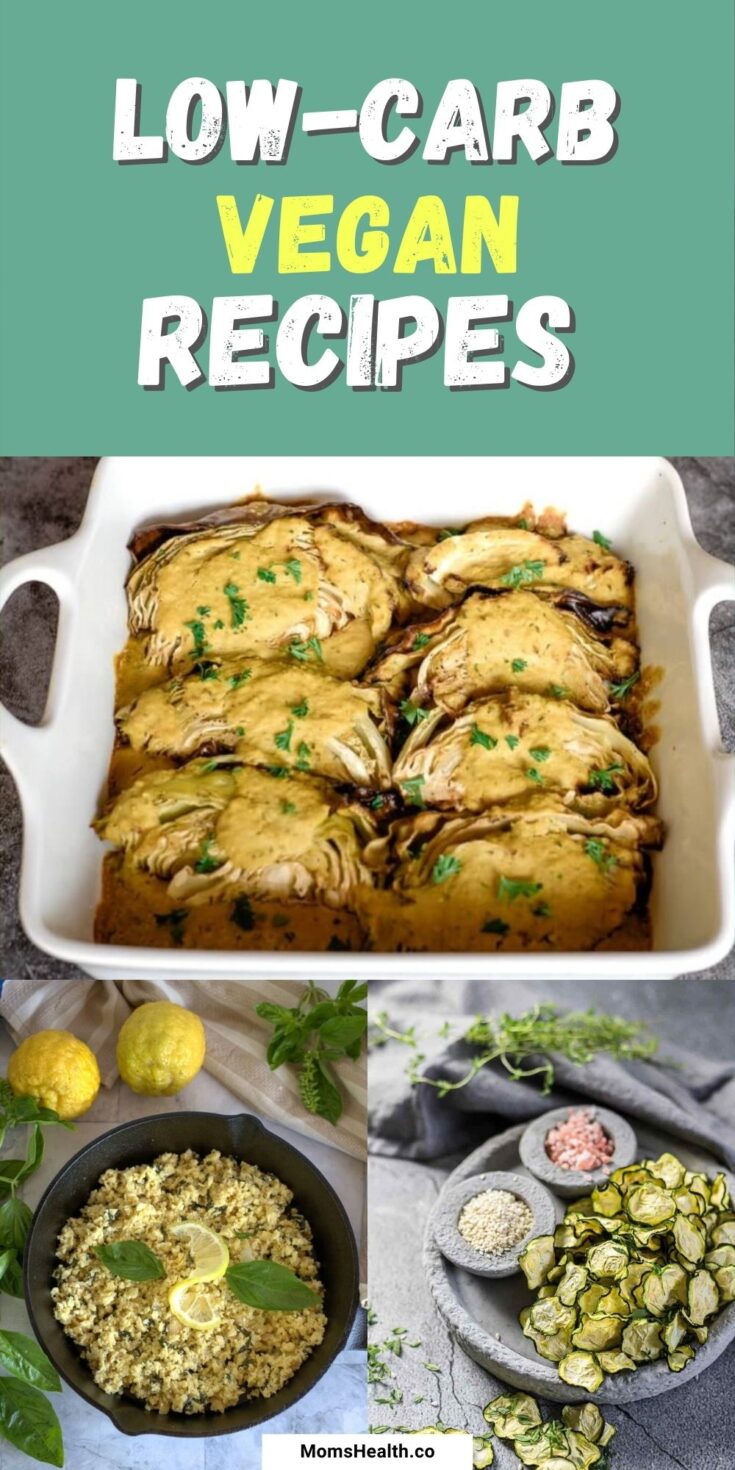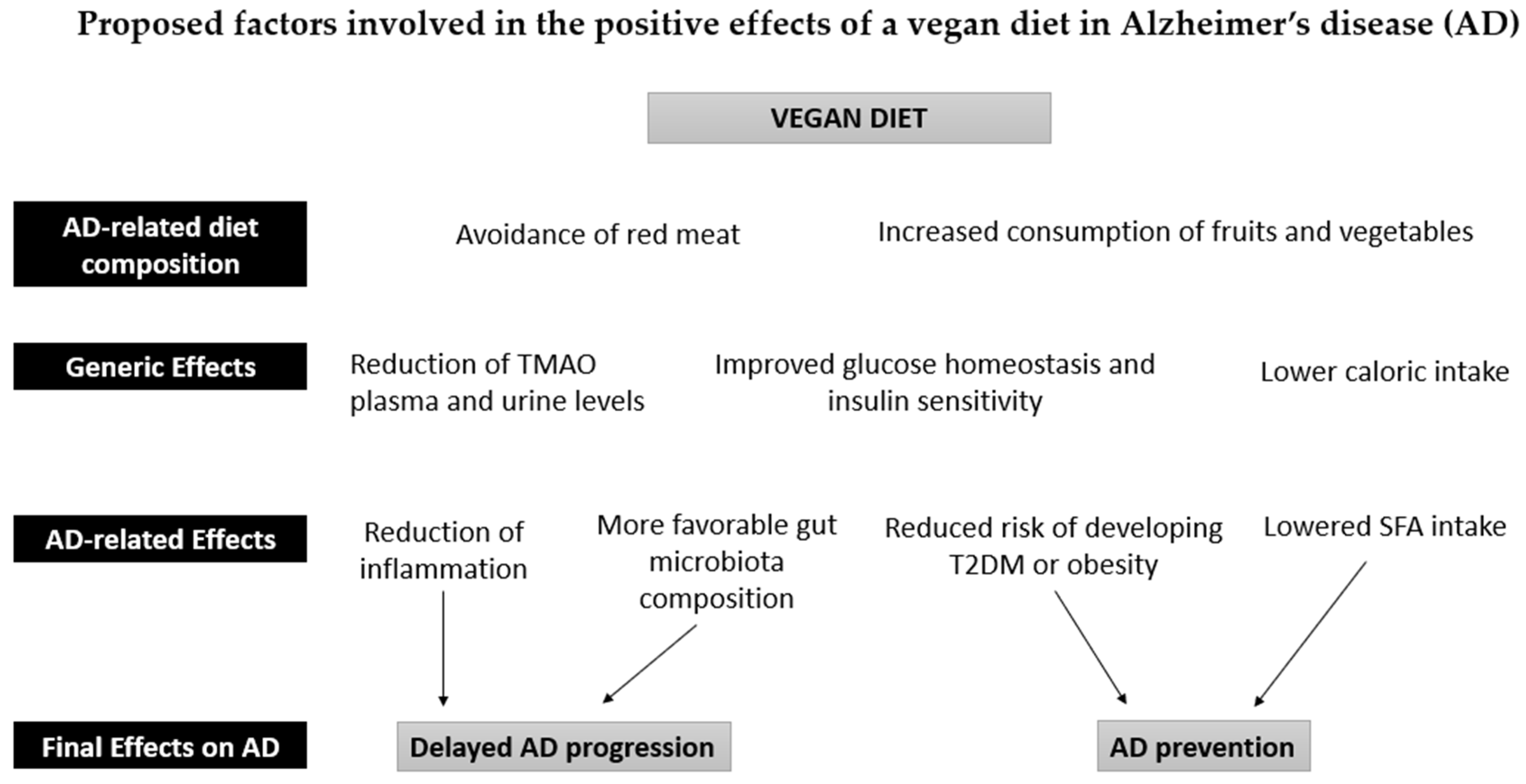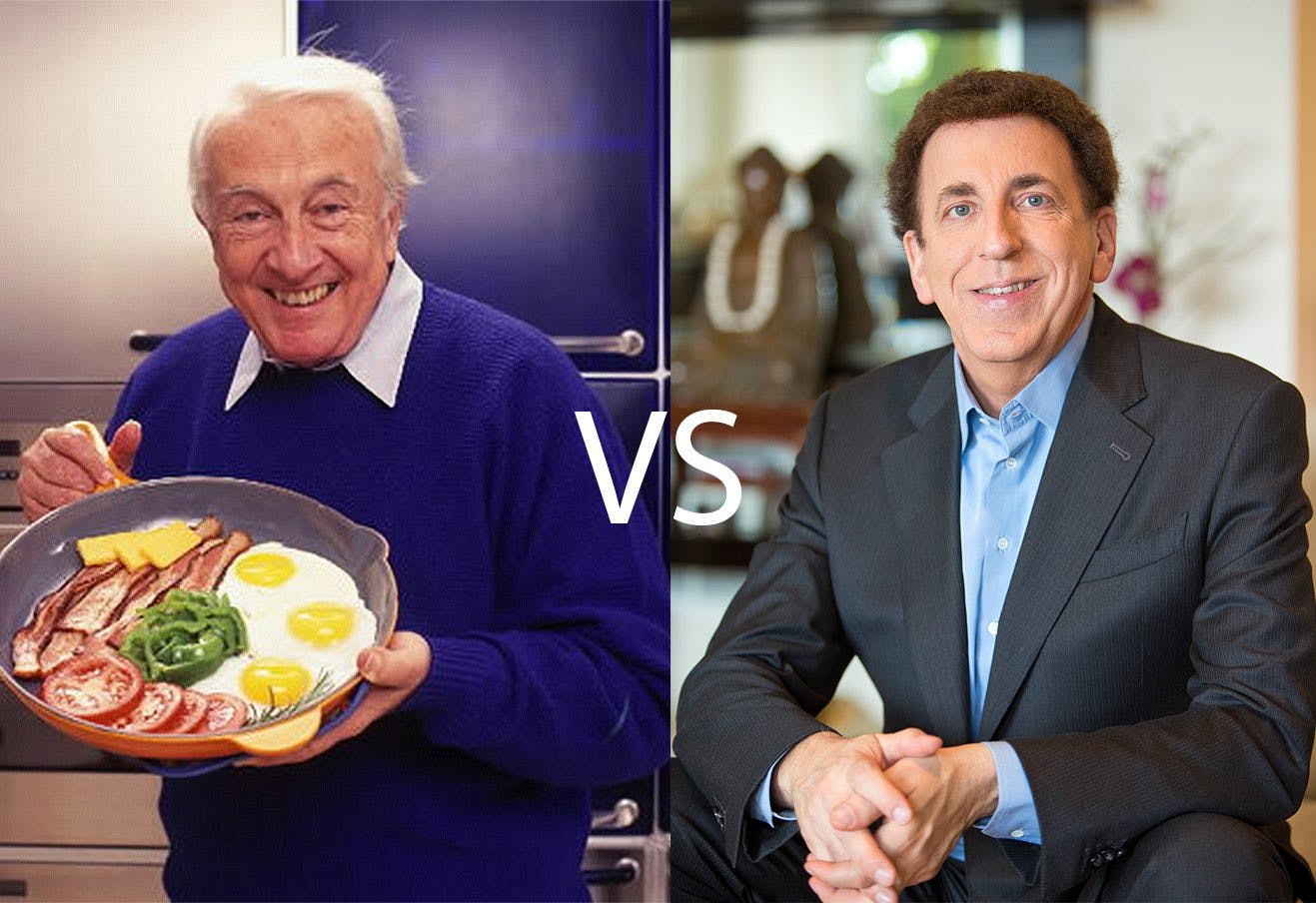
A pescatarian diet is one that includes a wide range grains, fruits, vegetables, legumes, as well as legumes. These foods are high in protein and contain a variety vitamins and mineral. Compared to those who eat meat, those who follow a pescatarian diet typically gain less weight and have a lower risk of developing diabetes. They also live longer than those who eat meat.
Those who follow a pescatarian diet eat fish and seafood in place of meat and poultry. These foods are healthy for the heart and high in omega-3 fatty acid, which have been shown to reduce heart disease, high blood pressure and obesity. Omega-3s can reduce the chance of developing mental disorders, joint pain, and other health problems. They also lower plaque levels in the arteries. This can reduce your risk of a heart attack or stroke.
Pescatarians do not eat meat, poultry, or any other red meat. Pescatarians eat mostly plant-based food, with some dairy and fish added. Pescatarians are also less calorie-dense and lower in saturated fat. This is good news for those who are obese or overweight. It has been shown not to cause colorectal cancers or type 2 diabetes. A recent study in the Journal of the American Medical Association found that pescatarians have a longer life expectancy than omnivores.

People who follow a pescatarian diet should talk to their health care provider to make sure they are getting the right nutrients. It is a good idea for people to get tested for any nutrient deficiencies. Zinc, calcium, phosphorous and vitamin B12 are just a few of the nutrients that pescatarians might lack. You may need to supplement your diet if you are not getting these nutrients from many sources.
Pescatarians may have trouble getting the recommended daily intake of iron. They should substitute fish one time per week for meat. They should avoid eating fish containing high levels of mercury. Mercury can cause headaches, mood swings, muscle weakness, loss of peripheral sight, and mood changes.
Pescatarians should be aware that canned fish can have unhealthy preservatives. They should also try to buy fresh fish from sustainable sources. Canned salmon, tuna, and shrimp are a few low-mercury options. It's also a good idea check with Monterey Bay Aquarium Marinefood Watch to determine where your seafood came from.
Pescatarians are known to eat two meals per week of seafood. Pescatarians may also consume eggs and dairy as a supplement to their diet. They may also avoid gluten and soy products. Some people don't like the strong taste of fish. You can try frozen or smoked fish if you have a problem with taste. These foods are delicately flavoured.

If you are planning to eat a pescatarian diet make sure that your seafood is high in omega-3 fat acids and low-fat saturated fat. This will help reduce the risk of heart disease and obesity, as well as other health conditions. Choose nutritious foods and avoid high-fat and processed foods.
FAQ
What should my weight be for my age and height? BMI calculator and chart
A body mass index calculator (BMI) is the best way to find out how much weight you should lose. A healthy BMI range is between 18.5 and 24.9. You should lose about 10 pounds each month if you are trying to lose weight. Simply enter your height, weight and desired BMI into the BMI calculator to calculate it.
This BMI chart can help you find out if or not you are obese.
Why is it so important to lead a healthy lifestyle
Living a healthy lifestyle can help you live longer and more happy lives. Regular exercise, healthy eating habits, healthy sleep habits and stress management can all help prevent strokes, heart disease, diabetes, and cancer.
A healthy lifestyle can also help improve mental health and make it easier to deal with everyday stressors. A healthy lifestyle will help you feel more confident and younger.
How often should i exercise?
It is important to exercise for a healthy lifestyle. There is no set time limit for exercising. Find something you like and stay with it.
If you work out three times a week, then aim to complete 20-30 minutes of moderate intensity physical activity. Moderate intensity means that you will still be working hard even after your workout is over. This type works out burns around 300 calories.
If you prefer to walk, go for 10 minute walks four days a week. Walking is low impact and easy on your joints.
You can also run for 15 minutes, three times per week. Running is a great way of burning calories and building muscle tone.
Start slow if it's your first time exercising. Begin with 5 minutes of cardio every other day. Gradually increase your cardio time until you reach the goal.
These are five tips to help you lead a healthy lifestyle.
How can you live a healthy life?
A healthy lifestyle means eating right, being active, getting enough sleep, managing your stress levels, and having fun. You should avoid processed foods, sugar, or unhealthy fats. Exercise burns calories and strengthens the muscles. Sleeping enough can improve memory and concentration. Stress management can reduce anxiety and depression. And finally, having fun keeps us young and vibrant.
What is the difference between a virus and a bacterium?
A virus can be described as a microscopic organism incapable of reproducing outside its host cell. A bacterium (or single-celled organism) reproduces by splitting itself into two. Viruses are small, around 20 nanometers in size. Bacteria are much larger, at 1 micron.
Viruses are usually spread through contact with infected bodily fluids, including saliva, urine, semen, vaginal secretions, pus, and feces. Bacteria are often spread via direct contact with contaminated surfaces and objects.
Viruses can get into our bodies through cuts and scrapes on the skin, bites or other injuries. They can also penetrate the nose, lips, eyes and ears, vagina,rectum, or anus.
Bacteria may enter our bodies through cuts and scrapes on our skin, burns, insect bites, and other wounds. They may also enter our bodies from food, water, soil, dust, and animals.
Viruses and bacteria both cause illness. Viruses cannot multiply in their host cells. Viral infections can only cause diseases in living cells.
Bacteria can multiply within their hosts and cause illness. They can even invade other parts of the body. To kill them, we must use antibiotics.
What is the difference between a calorie or a kilocalorie.
Calories can be used to measure how much energy is in food. A calorie is a unit of measure. One calorie contains the energy needed to raise the temperature of one gram of water by one degree Celsius.
Kilocalories are another term for calories. Kilocalories equal one thousandth of an calorie. 1000 calories, for example, equals one kilocalorie.
How do I find out what's best for me?
You must listen to your body. Your body knows best when it comes to how much exercise, food, and rest you need. To avoid overdoing it, it's important that you pay attention to what your body is telling you. Listen to your body and make sure you're doing everything you can to stay healthy.
Statistics
- WHO recommends consuming less than 5% of total energy intake for additional health benefits. (who.int)
- According to the 2020 Dietary Guidelines for Americans, a balanced diet high in fruits and vegetables, lean protein, low-fat dairy and whole grains is needed for optimal energy. (mayoclinichealthsystem.org)
- This article received 11 testimonials and 86% of readers who voted found it helpful, earning it our reader-approved status. (wikihow.com)
- WHO recommends reducing saturated fats to less than 10% of total energy intake; reducing trans-fats to less than 1% of total energy intake; and replacing both saturated fats and trans-fats to unsaturated fats. (who.int)
External Links
How To
Here are 10 tips to help you live a healthy life
How to live a healthy life
We live in an era where it is difficult to get enough rest, we eat too often, drink too much alcohol, and use cigarettes. We don’t care enough about our health.
When you work full-time, it is difficult to maintain a healthy diet and exercise program. Stress makes it even more difficult. Our minds tell us we can't handle this situation any longer so we feel guilty and give in.
You should feel something is wrong with you body. Talk to your doctor about your condition. If there's nothing abnormal, you might have stress from your job.
Some people believe they are fortunate because their jobs enable them to regularly go to the gym or because they have good friends who help them stay fit. They are fortunate. They have no problems. They managed everything. I wish all people could do the same. Many of us aren't able to find the right balance between our personal and professional lives. Many people end up with bad habits which eventually lead to diseases such as heart disease, diabetes, cancer and many others.
These tips can help you improve your lifestyle.
-
You should get 7 hours of sleep per night minimum and 8 hours maximum. This includes proper sleeping postures and avoiding caffeine in the hours before bed. Caffeine blocks the melatonin hormones making it hard to fall asleep. Make sure your bedroom's dark and clean. If you work late at night, make sure you have blackout curtains.
-
Get healthy - Start your day with a good breakfast. Avoid sugary products, fried foods, white breads, and processed food. Lunch should include fruits, vegetables, and whole grains. A good snack option for afternoon is to include protein-rich snacks like nuts, seeds, beans and dairy products. Avoid unhealthy snacks like chips, candies, cookies, cakes and sodas.
-
Get enough water. Many people don't get enough. Water aids in weight loss, skin health, digestion, and keeps our skin young and supple. Drinking six glasses of liquid daily will help you lose weight quickly. You can check the color in your urine to see how well you are hydrating. Yellow means dehydrated; orange means slightly dehydrated; pink means normal; red means overhydrated; and clear means highly-overhydrated.
-
Exercise - Regular physical activity has been proven to increase energy levels and reduce depression. Walking is a good way to get fit and improve your mood. Even though it may look easy, walking requires focus and concentration. Your brain needs to concentrate on walking, while taking deep breaths and slowing down. For between 100 and 150 calories, a 30 minute walk can be enough to burn about 100 to 150 calories. Start slow and work your way up. Do not forget to stretch after exercising to prevent injuries.
-
Positive thinking is vital for mental health. If we are positive, we create a happier environment in our minds. Negative thoughts cause anxiety and drain our energy. To stay motivated, try to think about the things that you want to accomplish. You can break down all the tasks into smaller pieces if you feel overwhelmed. Do not be discouraged if you fail, just get up and try again.
-
Learn to say no. Too many people are so busy they don't even realize how much wasted time they waste on unnecessary tasks. It is important that you learn to say no when necessary. Not saying "no" is rude. You are simply saying "no" to something. You can always find other ways to complete the job later. Set boundaries. You can ask someone to help you. Or simply delegate this work to someone else.
-
Take care of your body - Keep track of your diet. A healthier diet will help boost your metabolism, and you can lose extra weight. Do not eat anything too heavy or oily because they tend to raise cholesterol levels. A good tip is to have three meals and two snacks daily. Around 2000 to 2500 calories should be consumed each day.
-
Meditation is a great stress relief and can help reduce anxiety. Your mind will relax when you sit still and close your eyes. This exercise will give you clarity of thought, which is very helpful in reaching decisions. Meditation will help you feel calmer and happier.
-
Breakfast is the most important meal you should eat each day. Skipping breakfast can lead you to overeating at lunch. It's never too late to have a balanced breakfast. Just make sure you eat it within one hour of getting up. A healthy breakfast can boost your energy levels and help you control your hunger.
-
Make sure you eat clean food. Food has a greater impact on your mood than you realize. Avoid junk food or any food items that contain preservatives or artificial ingredients. These products keep your body acidic and trigger cravings. Vegetables and fruits are high in vitamins and minerals, which can lead to better overall health.
-
***